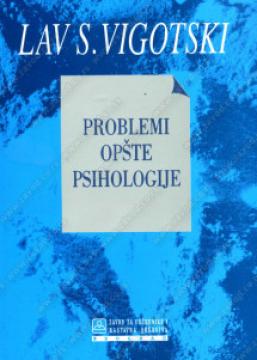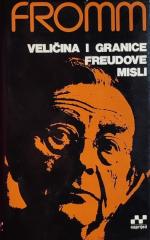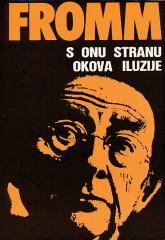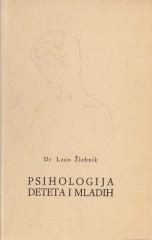
Problemi opšte psihologije
Lev Vygotsky (1896 – 1934) is one of the most important psychologists of the 20th century, whose original theoretical system had a huge impact on developmental psychology. With a foreword by L. S. Leontiev and an afterword by M. G. Yaroshevsky and G. S. G
It is interesting that Lev Semyonovich Vygotsky began his scientific activity as a student of the Faculty of Law of the Moscow Faculty, although at the same time he studied at the Faculty of History and Philology of Shanyavsky University. Thanks to his great education and his exceptional abilities, Vygotsky achieved miraculous results. He wrote great theater reviews, and in his native Gomel he led a history club for high school students, and also, more than noticeably, he spoke at seminars on political economy at Moscow University. He studied literature and philosophy, he studied Marxism, but his favorite philosopher remained Spinoza. In literature, he was particularly interested in the author's personality, his idea, the objective direction of the work, its moral and social-political sense. Vygotsky was interested in how a work of art is experienced by the reader, i.e. The problem of analyzing the psychology of the reader, the problem of the psychological effect of art. Thus, sometime from 1924 until 1924, Vygotsky switched to scientific psychology. The very next year, in 1925, in one of his works, he raised the question of the necessity of concrete-psychological study of consciousness as a concrete psychological reality. One of the most important psychologists of the past century introduced the dialectical method into psychological science, especially developing his historical-genetic method. This allowed Vygotsky to make a number of great scientific discoveries. In less than ten years of practicing psychology, he wrote 180 papers. But, even during that time, his ideas became so significant that they are cited as generally known, sometimes without citing his works, and sometimes without his name.
No copies available
The last copy was sold recently.





